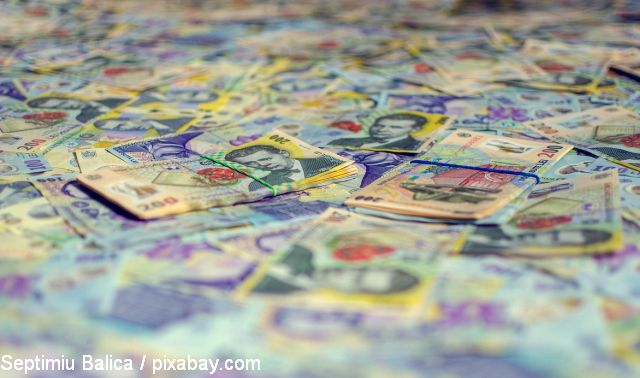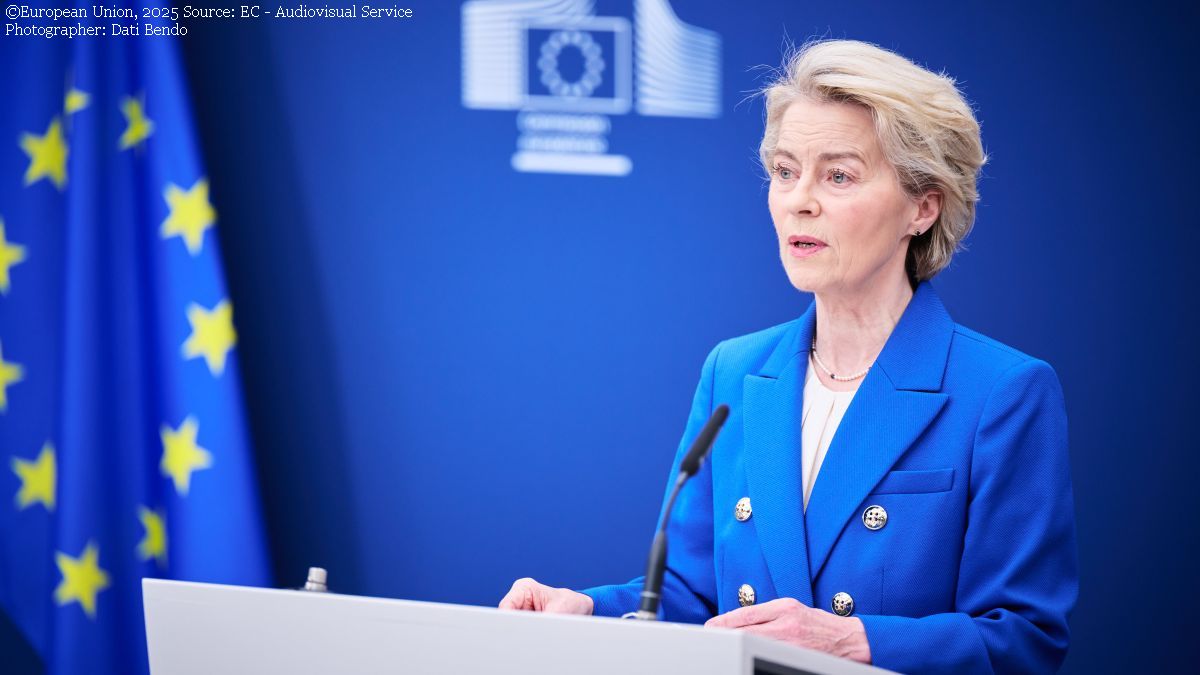The National Recovery and Resilience Plan, an extraordinary chance
The money from the National Recovery and Resilience Plan promised by the EU in exchange for reforms is a breath of fresh air for Romania's economy.

Ştefan Stoica, 07.04.2023, 14:00
The Romanian government admits the existence of a hole in the budget of 20 billion lei, the equivalent of 4 billion euros, and is looking for solutions to cover it. The target is to maintain the deficit at 4.4% of the GDP. The Prime Minister Nicolae Ciucă has given assurances that salaries or other types of income will not be cut. Among the solutions considered are the inclusion of salary increases and the reduction of certain allowances, in parallel with measures to reduce tax evasion. When the budget was adopted, there were experts who warned that some revenues were overestimated and some expenses underestimated, and this overlap, once confirmed, could only lead to an increase in the deficit.
Eugen Rădulescu, the director of the Financial Stability Directorate of the National Bank of Romania – BNR, believes that the main cause of the external deficit is the public deficit. Present at a conference, the National Bank expert spoke about the great risks posed by the twin deficits. The current account deficit has exceeded 9% of the GDP and is the highest, including as compared to the countries in the area, and the budget deficit, although it has decreased, remains at a high value. The excessive budget deficit had pushed Romania, before the pandemic, close to the start of an infringement procedure, the BNR expert recalls.
The National Recovery and Resilience Plan therefore represents a real breath of fresh air, Eugen Rădulescu believes: “We are talking about some astonishingly large amounts of money, which could be attracted into the national economic circuit, and we are also talking about measures that are provided in this program, which are meant to restore the macroeconomic balances that don’t look good at all. A lot of political will is needed, as the measures that have to be adopted are neither popular nor easy to adopt”.
On the other hand, Romania benefits from two better developments than initially anticipated, economic growth and relative stability of the exchange rate, which are the result of the natural movement of the market and not of the interventions of the Central Bank, says Eugen Rădulescu, the director of the Financial Stability Directorate of the BNR. In relation to inflation, although the annual rate will accelerate its decline in the coming months and it will most likely fall below 10% in the 3rd quarter of the year, we should not expect key interest rate cuts anytime soon, says Cristian Popa, a member of the Board of Directors of the BNR.
According to him, there are many factors that put pressure on inflation. These include war, protectionism, the green economy, which is more expensive. The erosion of liberalism is also inflationary, the Central Bank official adds, because, when the authorities get too involved in companies, in the private economy, they create regulatory costs, rules and bureaucracy, and these can push prices up. (LS)






























